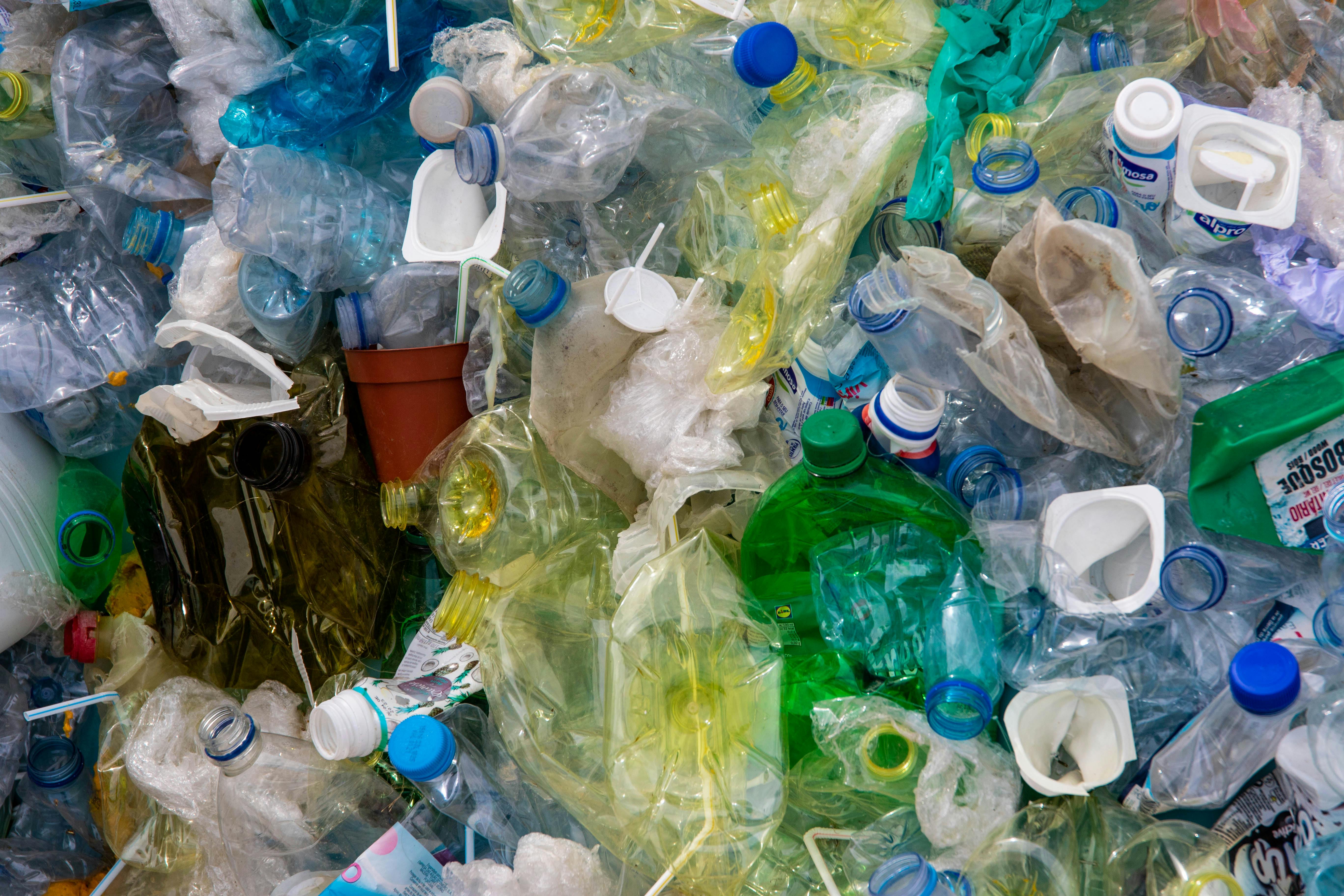
Our current systems for managing waste degrade the health of people and our environment. For decades, our waste management practices have dumped trash and toxins in low-income communities and communities of color, deepening existing inequities and causing serious and lingering health impacts. Our current system incentivizes the mass production of waste, through single-use products and planned obsolescence because it is profitable to do so. Methods of recycling and composting waste are often not affordable or may not even exist in urban and rural communities.
There are alternatives to our throwaway culture: a circular economy and zero waste practices. A circular economy eliminates waste both by changing the design of the products we consume, ensuring a right to repair, keeping materials and products in use, and putting the onus on corporations to think about the end of life for their products. Public policy and GNDs can encourage the creation of a circular economy, and prioritize people and our collective environment over profit by moving the responsibility of changing current waste producing practices upstream towards industrial producers and making waste reduction practices more accessible to everyone.

Resources